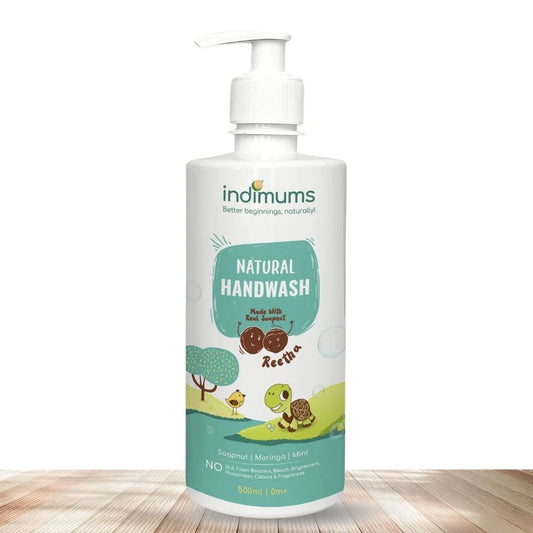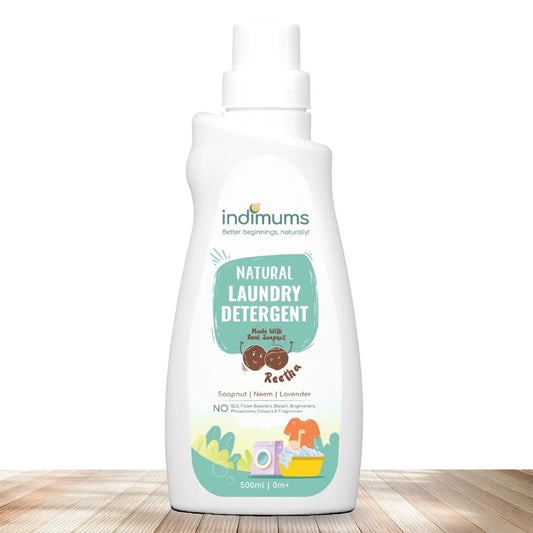As a parent, you want nothing but the best for your baby. One crucial aspect of caring for your little one is choosing the right clothing. Babies' skin is incredibly delicate and sensitive, and the fabrics that come into contact with their skin 24/7 can have a significant impact on their health and comfort.

Why Fabric Quality Matters
The quality of the fabric you choose for your baby's clothing can determine how well their skin breathes and how comfortable they feel. Poor-quality materials can lead to skin irritations, rashes, and other problems. Here’s why fabric quality matters:
- Breathability: Babies’ skin is more permeable than adults', making it more prone to irritation and rashes. Breathable fabrics, like organic cotton, allow air to circulate, helping to regulate your baby’s body temperature and prevent overheating.
- Moisture Absorption: High-quality fabrics absorb moisture better, keeping your baby dry and comfortable. This is crucial in preventing diaper rash and other moisture-related skin issues.
- Softness: Babies’ skin is much thinner than adults' skin, making it more sensitive to rough textures. Soft, gentle fabrics reduce the risk of friction and chafing, keeping your baby’s skin smooth and healthy.

The Benefits of Organic Cotton
Organic cotton baby clothing is an excellent choice for several reasons:
- Chemical-Free: Organic cotton is grown without the use of harmful pesticides and chemicals, which can be irritating to your baby’s sensitive skin. Conventional cotton farming often involves the use of harsh chemicals that can leave residues on the fabric.
- Hypoallergenic: Organic cotton is less likely to cause allergic reactions compared to synthetic fabrics or even conventionally grown cotton. This makes it ideal for babies with sensitive skin or allergies.
- Eco-Friendly: Choosing organic cotton is not only good for your baby’s skin but also better for the environment. Organic farming practices are more sustainable and less harmful to the planet. Such fabric withstands frequent washing and is long-lasting too.
- Climate: Taking into account India’s warmer humid climate, organic cotton regulates your baby’s skin temperature and does not cause sweating or discomfort.
- Better Sleep: A comfortable baby always sleeps better! One will notice that when their clothes are soft, poke-free and breathable, a baby always enjoys uninterrupted sleep
The Risks of Synthetic Fabrics
While synthetic fabrics like nylon and polyester might be cheaper and more readily
- Poor Breathability: Synthetic fabrics often do not allow air to circulate as well as natural fibers. This can lead to overheating and excessive sweating, creating a breeding ground for bacteria and resulting in skin rashes.
- Chemical Exposure: Many synthetic fabrics are treated with chemicals during manufacturing. These chemicals can remain on the fabric and be absorbed by your baby’s skin, leading to irritation and potential health issues.
Functional Baby Clothing: Comfort Meets Practicality
Beyond fabric quality, the design and functionality of baby clothing are essential. Well-designed baby clothes can make daily activities like dressing, feeding, and diaper changes easier for parents and more comfortable for babies.
- Diagonal Zipsuits: Recently gaining popularity is the the diagonal zipsuit. These suits zip from the ankle to the chin, making it easy to do diaper changes. They prevent the zipper from poking under the chin, which can cause discomfort.
- In-built Mittens and Socks: Many zipsuits come with in-built mittens and socks, which serve multiple purposes. They keep your baby's hands and feet warm, prevent scratches from sharp nails, and protect against mosquito bites.
- Easy Access for Diaper Changes: Look for clothing with easy access for diaper changes, such as zippers or snap closures at the legs. This design feature can save time and reduce the stress of changing diapers, especially during night-time.
- Comfortable Fit: Ensure that baby clothing is not too tight or too loose. A comfortable fit allows for freedom of movement and prevents skin irritation from tight seams or loose fabric bunching up.
Practical Tips for Choosing Baby Clothes
- Read Labels: Always check the label for fabric content. Look for 100% organic cotton or other natural Fibers like bamboo.
- Feel the Fabric: Touch the fabric to ensure it is soft and gentle. Avoid rough or scratchy materials.
- Check for Certification: Look for certifications like GOTS (Global Organic Textile Standard) which guarantee the organic quality of the fabric.
- Prioritize Comfort and Functionality: Choose loose-fitting clothes that allow your baby to move freely and ensure that seams and tags do not irritate their skin. Look for designs that simplify dressing and diaper changes, and consider features like in-built mittens and socks for added protection and convenience.
Conclusion
Your baby’s clothing is like their second skin, making the quality of the fabric you choose incredibly important. Opting for organic cotton ensures breathability and softness, which contribute to the health and comfort of your baby’s skin. Additionally, functional clothing designs like tiny twig’s diagonal zipsuits with in-built mittens and socks enhance your baby’s comfort and protect them from potential irritants. By being mindful of the materials and designs you dress your baby in, you’re not only providing comfort but also safeguarding their skin from potential irritants and health issues. Choose wisely, and your baby will thank you with every giggle and smile!
Author
Tiny Twig
Reimagine comfort with our 100% organic cotton and functional baby clothing!




